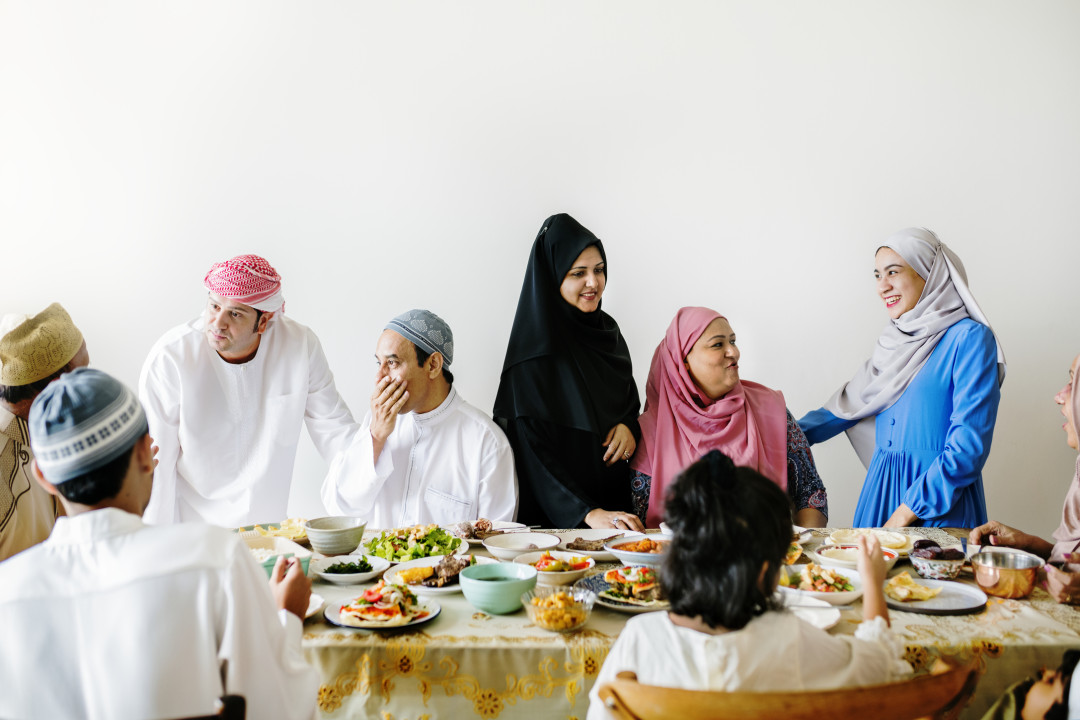Ramadan Fasting for Heart Patients, Everything You Need to Know!
As Ramadan season is getting closer, believers from around the world are eager to celebrate this holy Ramadan month. Fasting is an integral part of observing the holy month of Ramadan and it includes a practice of abstaining from food, drinks, and all oral medication from dawn to dusk throughout the month. The fasting period usually lasts for 14 to 15 hours a day. At this time, everyone who observes a fast usually takes food two times a day - where a meal before dawn is called ‘Suhoor’ and the meal after sunset is called ‘Iftar’. As they eat more fruits and vegetables to store energy and strength for the whole day, it is a healthy practice for our bodies.Individuals with stable heart problems who do not experience repeated symptoms like chest discomfort or shortness of breath do not experience any detrimental effects from fasting. Fasting may, in fact, be good for them. Lowering food consumption, quitting smoking, which relieves the body of tobacco's detrimental effects, and the stress-reduced atmosphere linked with Ramadan will reduce heart disease risk in general, as well as have a good influence on persons who already have heart disease. However, individuals with existing heart conditions should exercise extra caution before undertaking Ramadan fasting. Seeking guidance from the best cardiology specialists is advisable for anyone with heart ailments before embarking on the fast.
Fasting, without medical advice, is not advisable for individuals who exhibit various symptoms of weak heart conditions like:
● Frequent chest pain
● Breathing difficulties
● If you have suffered heart attacks, avoid fasting for six months
● If you have undergone open heart surgery, avoid fasting for six months
● Heart patients who take medications for blood thinners
● Heart patients who take malignant arrhythmia medications
● Heart patients who always need doctor’s observation
If you're a heart patient considering fasting during Ramadan under the guidance of doctors, it's crucial to prioritize certain precautions. Doctors typically recommend reducing the intake of oily and fast foods, which can exacerbate heart conditions. Instead, opt for a diet rich in fruits, vegetables, salads, fresh juices, milkshakes, and other nutrient-dense foods during suhoor and iftar. Adhering to medication schedules as prescribed by your doctor is paramount. Incorporating light exercises that don't strain your heart can also contribute to a healthier lifestyle during this sacred month.
Fortunately, Qatar boasts widespread access to advanced cardiology treatments. For residents facing any heart-related challenges, the American Hospital Clinics stands out as the best cardiology clinic in Qatar. In observance of Ramadan, we offer complimentary BMI checkups once a week (totaling four times during Ramadan), nutrition and digestion assessments, and ultra-fatless therapy for fat-burning and cardiology treatments. Don't hesitate—book your appointment now to prioritize your heart health during this holy season.





